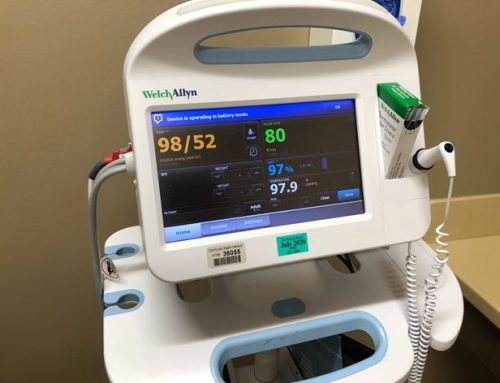Question: What is estate planning? What documents make up an estate plan?
Answer: Simply put, estate planning is planning for your death or incapacity, including where you want your assets to go after your death.
A comprehensive estate plan should have the following primary documents:
Last Will and Testament: this is a legal document in which you name where you want your property to go after your death. Your Will also names a guardian for minor children, a conservator for the assets to be owned by minor children and/or incapacitated adults, and a personal representative to manage your estate.
Living Trust: like a Will, a Trust specifies how you want your assets to be distributed upon your death. Unlike a Will, a Trust allows you to control the distribution of the assets to your beneficiaries, instead of just giving it to them outright like you would with a Will. Your Trust names an individual or institution to manage the assets placed in trust (called a “trustee”). A Trust will help you avoid probate since the assets owned by the Trust are not part of your estate, so a probate is not required to transfer those assets. A Trust is also beneficial if you become incapacitated, since your trustee can immediately manage the trust and make sure your spouse and dependents are cared for. You can have both a Will and a Trust, or just a Will.
Healthcare Power of Attorney: this is a legal document which permits another person to make healthcare decisions for you if you are unable to do so yourself.
Financial Power of Attorney: this document delegates someone to make financial decisions and manage your assets if you are unable to do so yourself. For example, a Financial Power of Attorney authorizes your agent to pay your mortgage or medical bills out of your bank account if you are mentally incapacitated.
Living Will: this is where you specify your end-of-life wishes. The vast majority of Americans would not want to be kept alive artificially if they were in a persistent vegetative state or irreversible coma. A Living Will communicates these wishes for you when you are unable to do so yourself.





Leave A Comment